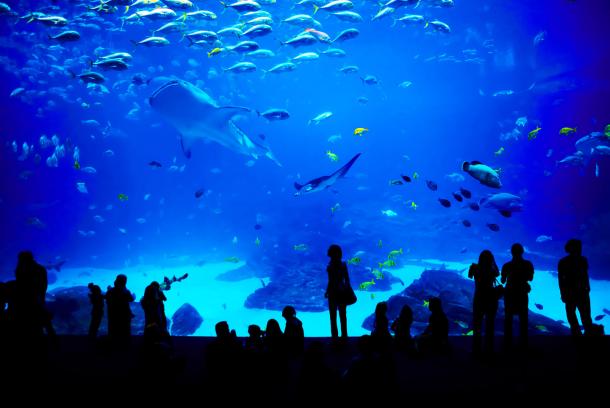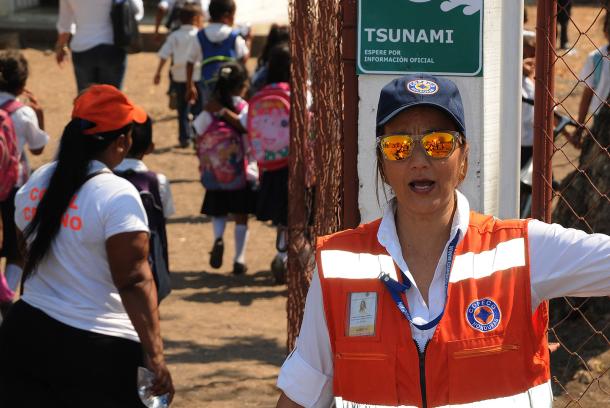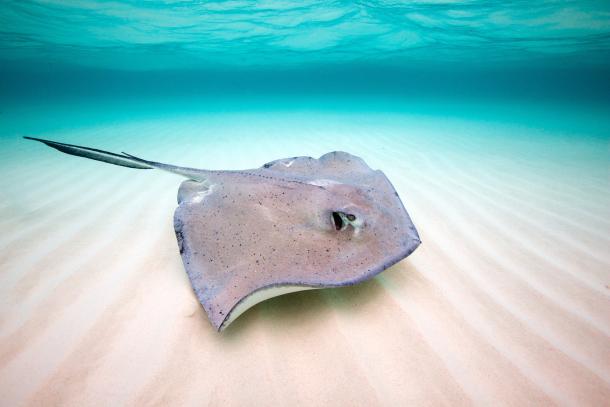
Enable
OceanTeacher Global Academy: Delivering IOC capacity development
IOC's OceanTeacher Global Academy (OTGA) is a global network of Regional and Specialised Training Centres delivering training on ocean sciences, services and marine and information data management (including marine biodiversity data and ocean best practices) relevant to the IOC Programmes and contributing to the UN Ocean Decade, using the OceanTeacher e-Learning Platform.
Courses cover a range of topics related to the IOC programs, contributing to the IOC Mandate and the implementation of the IOC Capacity Development Strategy, enabling equitable participation of all IOC Member States and IOC Programs.
The OceanTeacher Network of Regional and Specialised Training Centres
The OceanTeacher Global Academy (OTGA) Project established a global network of Regional and Specialised Training Centres (RTCs and STCs) to deliver customised training for ocean experts and professionals to increase national and regional capacity in coastal and marine sciences, services and management.

Ocean Literacy
Ocean literacy is defined as “an understanding of the ocean’s influence on you and your influence on the ocean”. The IOC is working to support ocean research institutions around the world to strengthen public engagement and build greater ocean literacy so we can all have a greater understanding of what we can do to protect the health of our ocean.

Identifying Harmful Algal Blooms
The IOC provides the Member States with training courses on harmful microalgae. The objectives range from improving taxonomic and identification skills for research purposes to developing practical monitoring of harmful algal blooms.

Guidance for Marine Spatial Planning
The IOC has a new flagship “MSPglobal International Guide on Marine/Maritime Spatial Planning”, which draws on the technical, practical and conceptual expertise accumulated worldwide since its well-recognized 2009 guide on “Marine Spatial Planning: A step-by-step approach toward ecosystem-based management”.

Preparing for Tsunamis
Around the world the IOC has helped to design a number of programmes to help communities to be better prepared and protected against the threat posed by tsunamis. For example, in 2018, more than 640,000 participants from all the CARIBE EWS Member States took part in the annual tsunami exercise, CARIBE WAVE.

UNESCO Category 2 Centres
The IOC works closely with 3 Category 2 Centres. They contribute to the objectives of IOC related to the reduction of the impacts of natural hazards, adaptation to climate change and variability, safeguarding the health of the ocean and coastal ecosystems, developing science for sustainable fisheries, and contributing to the sustainability of the coastal and ocean environment.


